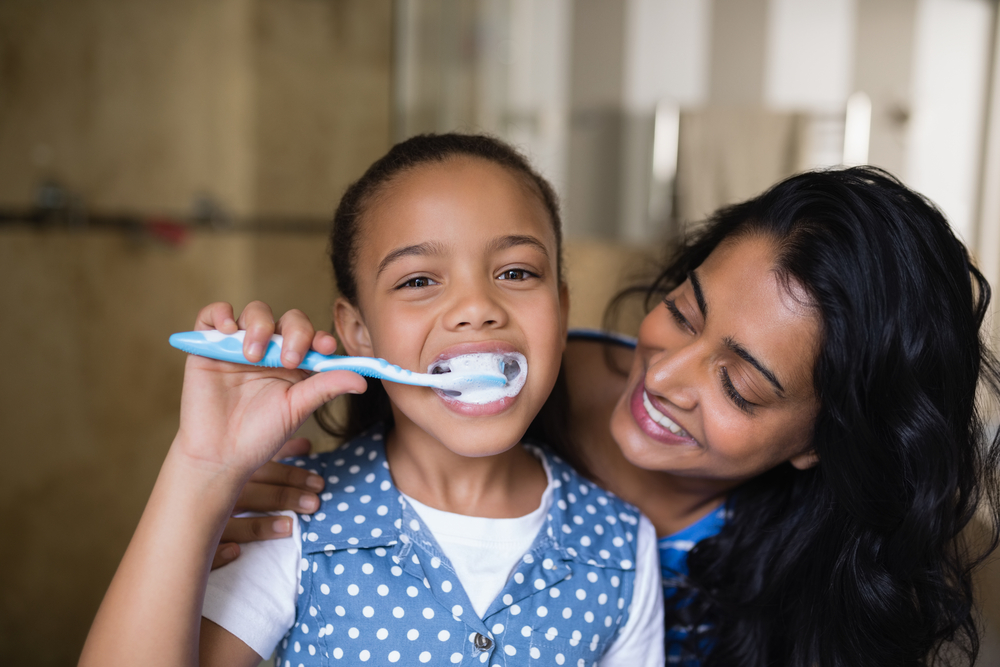
Are you concerned about your child’s brushing and flossing technique and are considering an upgrade to an electric toothbrush? A proper oral hygiene routine is essential for maintaining your child’s dental health, and an electric toothbrush can offer several advantages over a manual one. You may be wondering: at what age is it time for your little one to make the switch? Keep reading as we explore the benefits of using an electric toothbrush for children and why it may be a wise choice to enhance their oral care routine.
What Are the Benefits of Electric Toothbrushes?
Using an electric toothbrush offers numerous benefits for maintaining optimal oral hygiene. Oscillating bristle movement can provide more effective plaque removal. Additionally, many come with built-in timers or interval pulses, promoting brushing for two full minutes. For little ones with limited dexterity, an electric toothbrush can be easier to handle and maneuver effectively.
At What Age Can Your Child Start to Use an Electric Toothbrush?
While children can start using electric toothbrushes as early as age two, many tend to begin using them between the ages of six and eight. It is important for a parent, guardian, or trusted adult to supervise their use. It’s worth noting that if your child demonstrates proper brushing technique with a manual toothbrush, an electric toothbrush may not be essential.
What Should You Look for When Choosing an Electric Toothbrush?
When selecting an electric toothbrush for your child, there are several key factors to consider. These include:
- Plaque removal – Ensuring effective plaque removal from your child’s teeth is the primary objective when choosing a toothbrush. This plays a significant role in preventing oral health concerns.
- Head shape – It is essential to ensure that the toothbrush head is designed in a way that allows for easy access to all areas of the mouth. Selecting the right toothbrush head will enable your child to effectively clean their teeth.
- Bristle quality – A toothbrush with high-quality bristles should maintain its effectiveness for at least three months. Using a toothbrush with poor-quality bristles can negatively impact your child’s oral hygiene.
- Power source – Opting for a rechargeable electric toothbrush over a battery-operated one is recommended. Rechargeable toothbrushes generally offer superior quality and effectiveness.
What You Need to Know Before Buying Your Child an Electric Toothbrush
When introducing your child to an electric toothbrush, patience is key. Young children may initially feel apprehensive or frightened by the device and may require time to adapt to using it.
It’s important to acknowledge that an electric toothbrush may not be the ideal option for every child. However, you can assist your child in adjusting to it by demonstrating the proper brushing technique. Letting them observe you using an electric toothbrush will help them learn by example.
Additionally, be mindful of any behaviors that might make using an electric toothbrush more challenging. For instance, some children tend to breathe through their mouth rather than their nose,
About the Practice
Caring for your child’s smile may feel like a daunting task, but Dr. Linda A. Steele is here to help your child keep their pearly whites healthy and bright. Her skilled team specializes in growing smiles, and they do everything they can to make your child feel safe and comfortable. They can also assist you in deciding what kind of toothbrush is right for your child to help them maintain good oral health. If you want to learn more about or to schedule an appointment, call (972) 315-3355 or visit their website.

